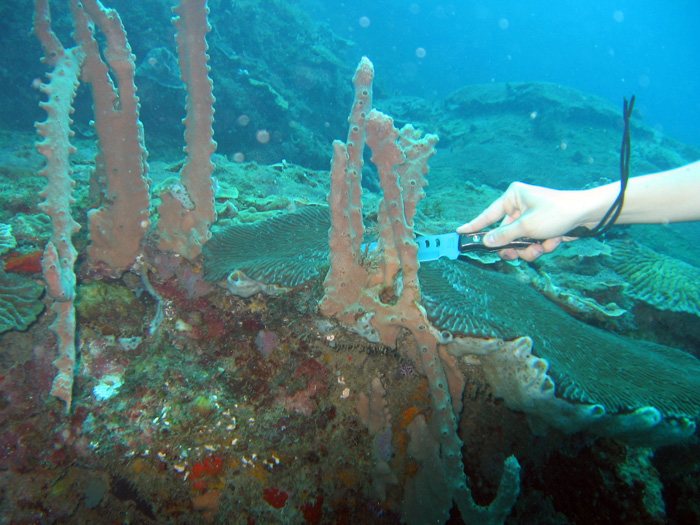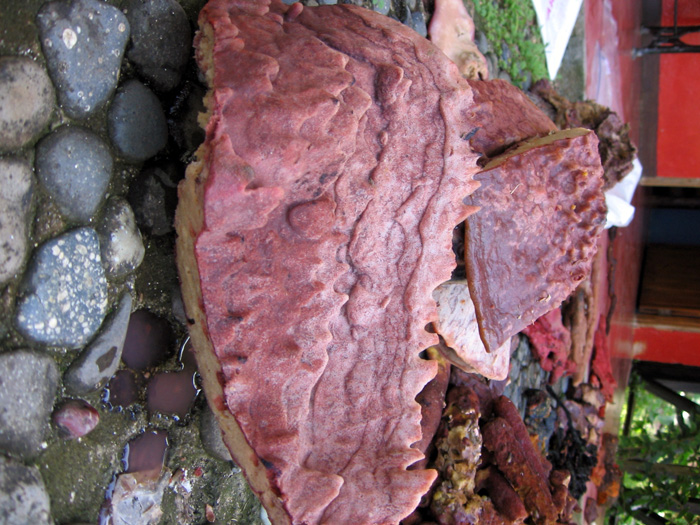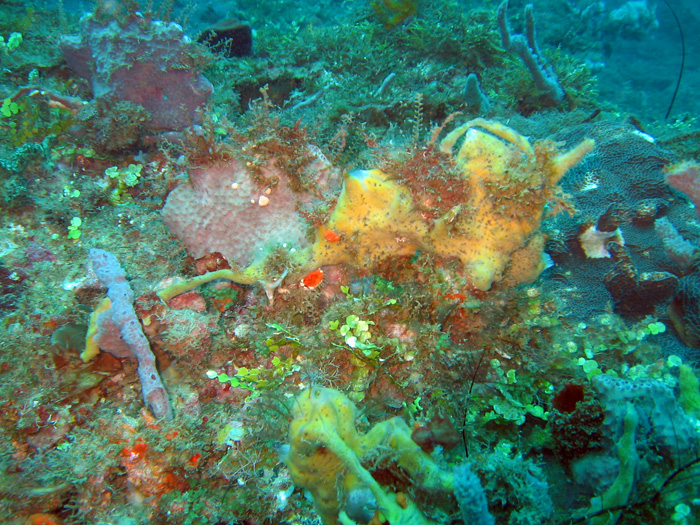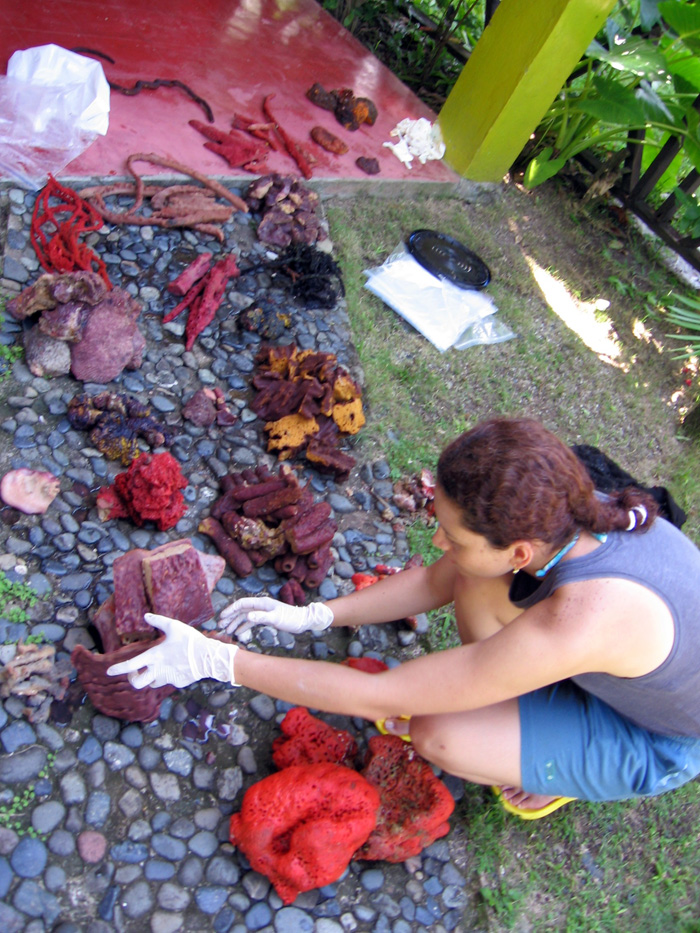Fatty acids in sea sponges that react against breast, colon and lung cancer were found in sea sponges. After studying 12 species, the Animal Biotechnology Research Group from Universidad Nacional in Medellin and the Sea Natural Products Group from Universidad de Antioquia discovered that the biggest antitumoral potential is in the species known as Demosponges (demospongiae), which look like scourers.
"Sea invertebrates were taxonomically classified by Sven Sea, biologist from UN, and the extracts chemical analysis was performed by researches from Universidad de Antioquia" says Diana Margarita Márquez Fernández, professor at this institution.
This finding is a promising alternative to develop medicine against malign tumors, in particular if around 21. 4 million of new cancer cases are diagnosed in the world, according to the World Health Organization (WHO).
The results
Fatty acids are molecules that belong to the lipids group. They are part of each living organism (humans, animals and plants) and they are important because they are energetic molecules that are meaningful in all processes that occur within a cell.
They also play an important role as regulators within an organism, to be exact; they are the starting point for the formation of other molecules that participate in processes of order and vital control, for example, swallow response, body temperature, blood coagulation processes and muscular contraction among others, says Márquez.
In addition, they count on a lower level of citotoxicity, which is an advantage for normal cells, since, according to researcher Juan Bautista López, genetic biologist at UN in Medellin, all anticancerous substances are toxic: "if we are capable of creating a new medicine, it would have less secondary effects in human organism than medicines we currently use" said the biologist.
Professor Márquez affirms that four fatty acids that represent new molecules were found in one of the sponges. "These are new structures that have not been reported up to now in scientific literature. We are planning to separate them using isolation techniques to study the way they organize and then synthesize their components, so we can study if they keep their antitumoral effect" explained the professor.
According to the professor, the biologic effect of several fatty acids against fungi and parasites have been proved through a lot of studies, for instance, against parasites and fungi involved in the production of malaria, moreover, against bacteria responsible for tuberculosis. "Our interest is to find those components in which we can obtain an active molecule against cancer" she said.
"Sven Zea, professor at the Biology department from the UN in Bogotá and researcher at the Centro de Estudios en Ciencias del Mar (Cecimar), in Santa Marta, explained that just in superficial waters in the Colombian Caribbean there are around 200 sponge species, and the taxonomy of 180 is known. He mentioned that due to the big effort of different scientific groups, the analysis of substances with therapeutically effect has been performed in around 70 species.
Future perspectives
The research group at UN is working on a project to cultivate the cells obtained from sponges in bioreactors. "The idea is producing the important substances without altering the ecosystem in order to obtain a pure product" said Juan Bautista López Ortiz.
It is important to mention that there is still too much to do in order to obtain a commercial medicine. After proving the species effect, it is necessarily to complete preclinical studies, analyzing the toxicity, the action mechanism, and finally, completing clinical studies.
As said by Sven Zea, the studies require many years, and up to now, medicine from sea organisms, particularly sponges, are barely a dozen.
At this moment, the efforts are concentrated on isolating a molecule that really helps developing a natural alternative medicine for the treatment of cancer and, if possible, at a lower price that the existing medicines in the market.
 Correo Electrónico
Correo Electrónico
 DNINFOA - SIA
DNINFOA - SIA
 Bibliotecas
Bibliotecas
 Convocatorias
Convocatorias
 Identidad UNAL
Identidad UNAL






